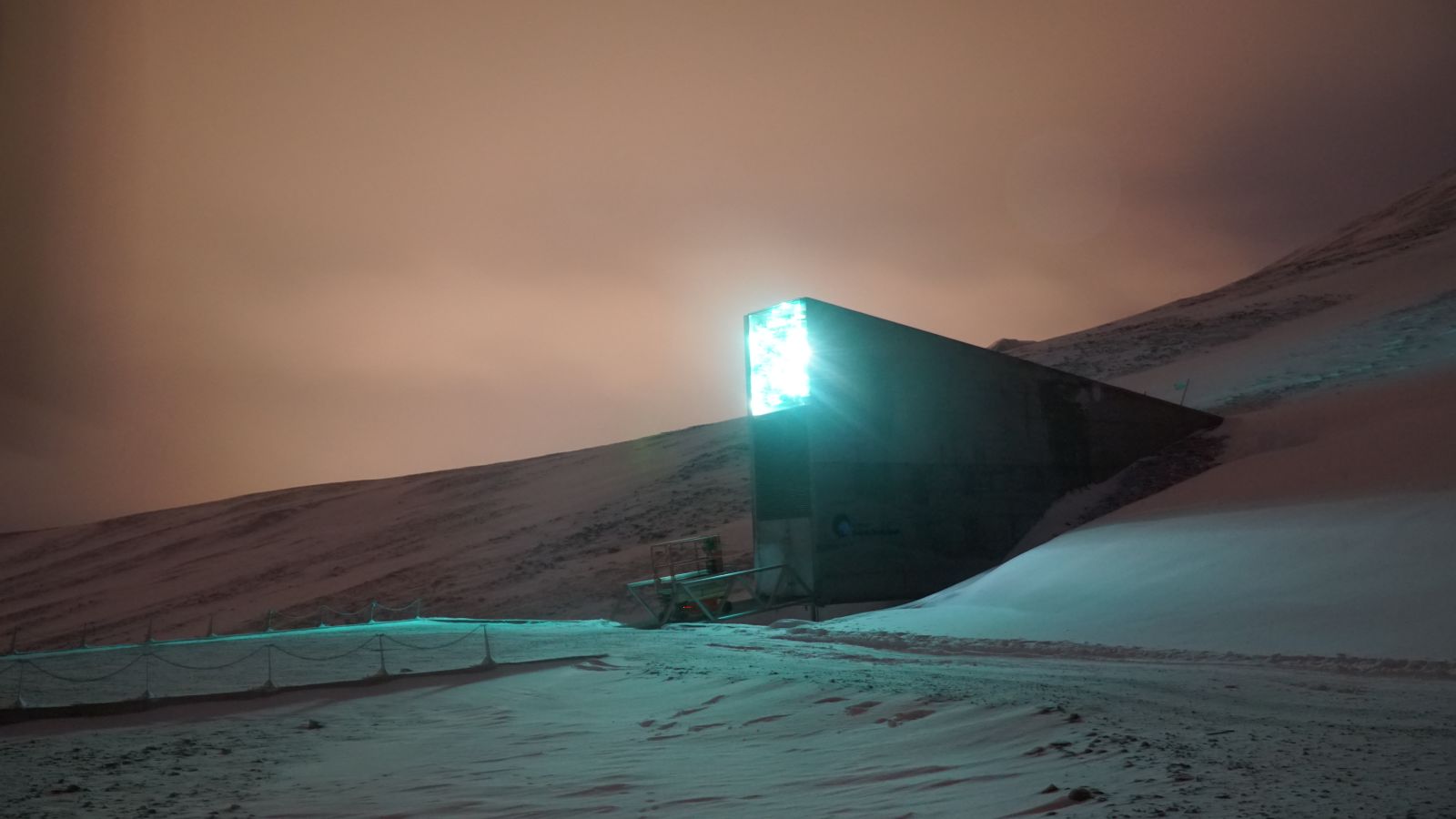
More than half of deforestation is due to production of food and animal feed, such as beef, soy beans and palm oil. Overall, exports account for about a fourth of that deforestation which is connected to food production.

The tropical cyclone that tore through Mozambique and other Southern African nations spotlights how the combination of rapid urbanization and climate change is turning deadly in the world’s poorest nations.

Climate change means springtime temperatures are arriving earlier with more intense early-season rains, worsening the risk of damaging floods. Current flooding has far surpassed previous all-time records.

The research has found that even if the world were to cut emissions in line with the Paris agreement, winter temperatures in the Arctic would rise above 3.5 degrees Celsius by 2050 and 5.9 degrees Celsius by 2080.

Olive trees across the Mediterranean have been hit by freak events that mirror climate change predictions – erratic rainfalls, early spring frosts, strong winds and summer droughts.

Scientists recorded hundreds of thousands of tiny 'ice quakes' that appear to be caused by pools of partially melted ice expanding and freezing. The phenomenon may be able to help scientists track glacier melting.

A research looked at people’s tweets during historically hot or cold weather to see how they responded. It took tweeters just five years to normalize once-extreme temperatures.

A new study finds we are pumping CO2 into the atmosphere at a rate nine to 10 times higher than the greenhouse gas was emitted during the Paleocene-Eocene Thermal Maximum, a global warming event that occurred 56 million years ago.

The City of Los Angeles announced a bold plan to recycled 100 percent of the 260 million gallons of wastewater currently being discharged to the Pacific Ocean through the Hyperion Treatment Plant.

Greta Thunberg skipped her lessons to encourage politicians to act on climate change. Just a few months after students all over the world started walking out of their classrooms in the name of climate change.

Looking around the world, Europe and the Middle East experienced record warmth, and the Arctic continues to stand out for its especially rapid warming trend.

Climate change has already led the owners of the Svalbard Global Seed Vault aka the Doomsday Vault to plunk millions of dollars into renovations to keep up with climate change.

From planting continent-long forests to inducing rainfall, researchers have begun proposing, testing, and in some cases implementing large-scale geoengineering projects to radically transform the planet.

A gigantic cavity - almost 300 meters tall - growing at the bottom of Thwaites Glacier in West Antarctica is one of several disturbing discoveries reported in a new study of the disintegrating glacier.

While Australia and New Zealand battles record-smashing heat, interminable drought and deadly bushfires, the United States is in the grip of a polar vortex, with temperatures plunging to their lowest in history.